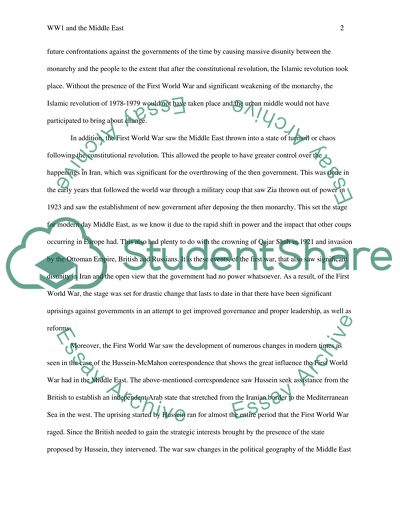Cite this document
(“To what extent was the First World War a catalyst for change in the Essay”, n.d.)
Retrieved from https://studentshare.org/history/1468630-toy-whaty-extenty-wasy-theyfirsty-world-ywar-ya
Retrieved from https://studentshare.org/history/1468630-toy-whaty-extenty-wasy-theyfirsty-world-ywar-ya
(To What Extent Was the First World War a Catalyst for Change in the Essay)
https://studentshare.org/history/1468630-toy-whaty-extenty-wasy-theyfirsty-world-ywar-ya.
https://studentshare.org/history/1468630-toy-whaty-extenty-wasy-theyfirsty-world-ywar-ya.
“To What Extent Was the First World War a Catalyst for Change in the Essay”, n.d. https://studentshare.org/history/1468630-toy-whaty-extenty-wasy-theyfirsty-world-ywar-ya.


